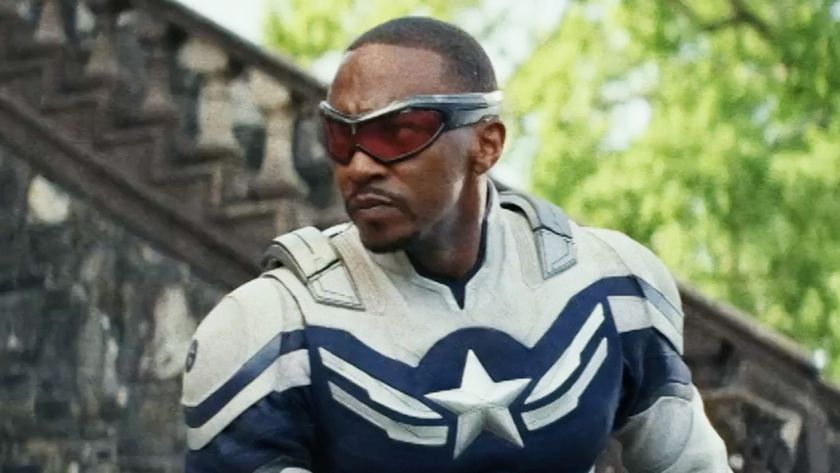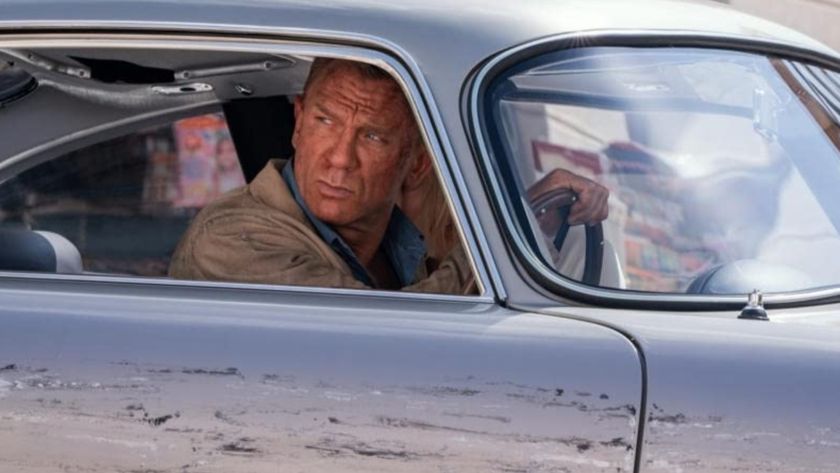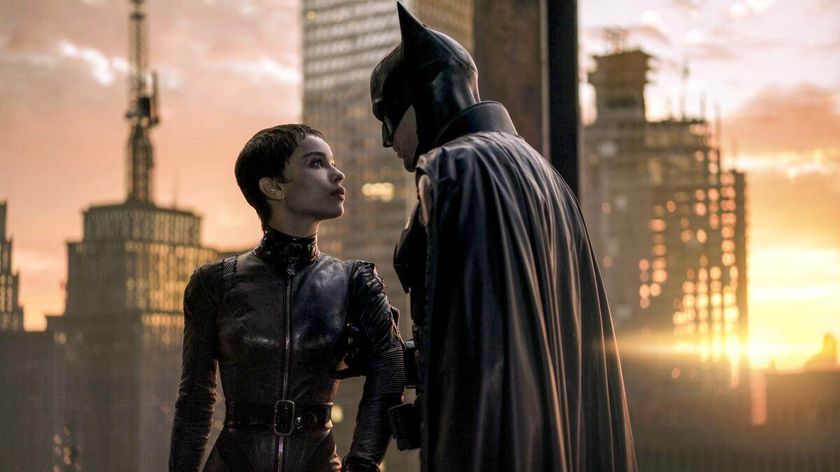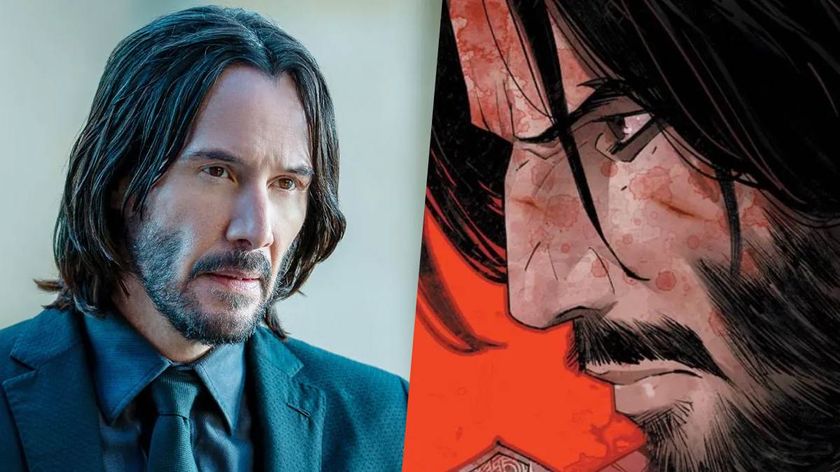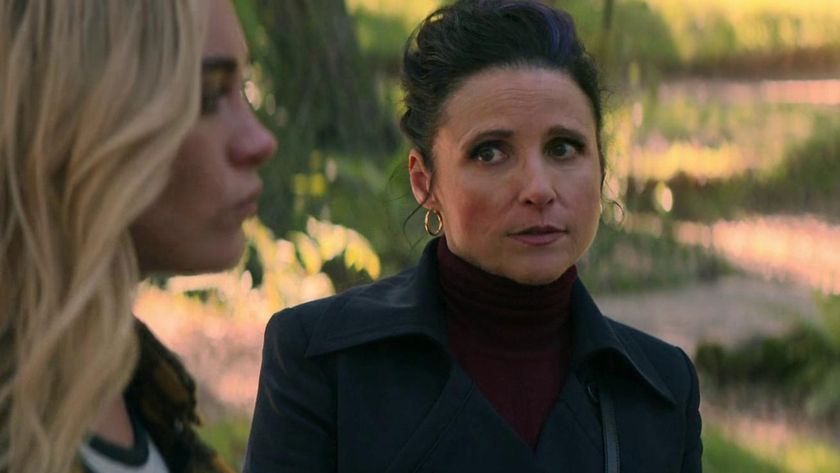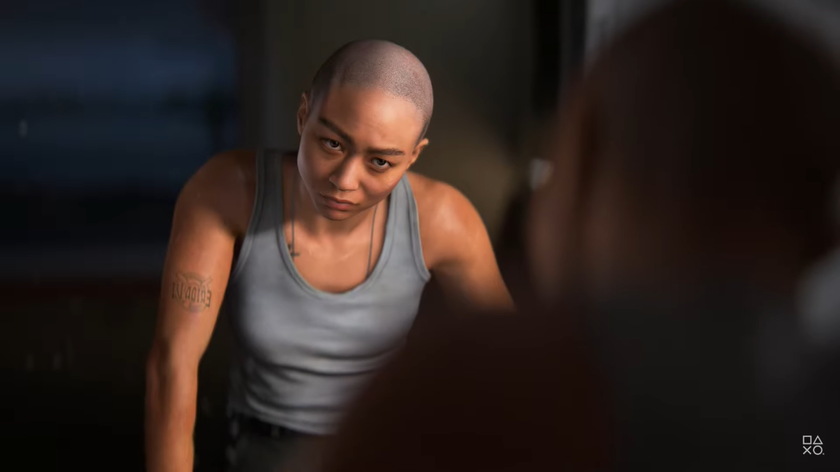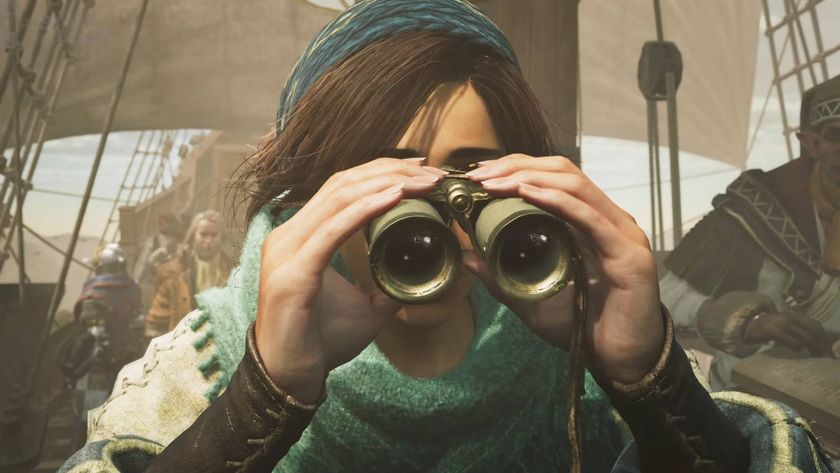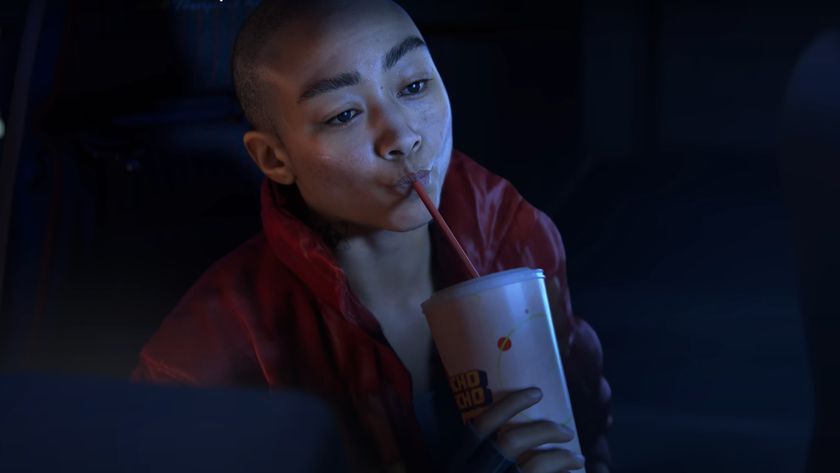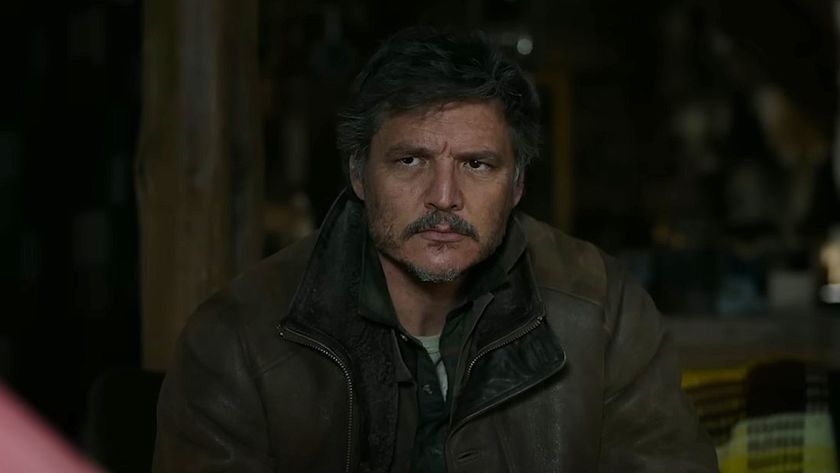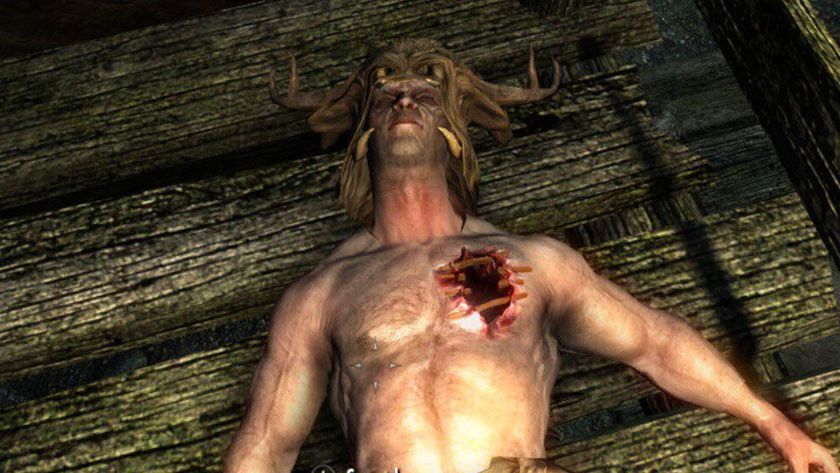Cannes 2014: The Homesman reaction review
Tommy Lee Jones is back in the director's chair

Following on from his excellent debut The Three Burials Of Melquiades Estrada , Tommy Lee Jones’ The Homesman is a good-looking western, austere but infused with devilish humour and unabashed sentiment.
Set in the Nebraskan Territories in the mid-19th century, it sees Hilary Swank’s strong-minded spinster, Mary Bee Cuddy, volunteer to cart three madwomen back East to place them in the care of a preacher’s wife. Riding shotgun against his cantankerous will is Jones’ army deserter Briggs, rescued from the noose by Cuddy in return for his aid during the six-week trail to Ohio.
Performances are strong, with Swank offering a contained, no-nonsense portrait of a woman whose surface resolve cannot camouflage the pain of loneliness, and Jones, his face as parched and craggy as the topography he moves through, finding new wrinkles in his time-honoured curmudgeon schtick.
The likes of James Spader, Tim Blake Nelson, William Fichtner, Meryl Streep, Jon Lithgow and Hailee Steinfeld round out a robust if fleetingly viewed supporting cast, though the real star on show is the scenery. Lensed in widescreen by Rodrigo Prieto ( Brokeback Mountain, Babel ), the vast skies are the rival of John Ford’s, the arid landscapes every bit as forbidding and unforgiving as the bleached plains in Kelly Reichardt’s Meek’s Cutoff.
Like that western, The Homesman , based on Glendon Swarthout’s 1988 novel, has a feminist bent, the story told from Mary Bee’s perspective and the humour coming at the expense of the men – stubborn, cowardly, selfish, hypocritical and self-aggrandising by turns.
A narrative jolt rather knocks the wheels off its enlightened perspective, and there are other wobbles along the trail, but The Homesman just about dusts itself off and arrives intact to earn viewers’ respect.
Sign up for the Total Film Newsletter
Bringing all the latest movie news, features, and reviews to your inbox
Jamie Graham is the Editor-at-Large of Total Film magazine. You'll likely find them around these parts reviewing the biggest films on the planet and speaking to some of the biggest stars in the business – that's just what Jamie does. Jamie has also written for outlets like SFX and the Sunday Times Culture, and appeared on podcasts exploring the wondrous worlds of occult and horror.
